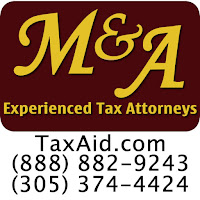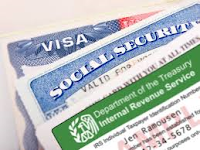Citizenship applications for the Caribbean island of Grenada have boomed in the last three years.
Reports have emerged that Grenada’s citizenship by investment program, introduced in 2014, is being used to fast-track US E2 visa applications.
Grenada is the only Caribbean country with a fast-track citizenship program, which signed a Commerce and Navigation Treaty with the USA. As a result, Grenada’s citizens are eligible for the US E2 non-immigrant visa. This means Grenadians can secure and US E2 visa with a substantial investment in a US-based business and employing some US citizen or US resident staff.
The rise in Grenadian citizenship applications is partly attributed to the ever-increasing backlog of immigration applications in the US. Citizens of China, El Salvador, Guatemala and India in particular are facing severe delays, with some facing a 10-year wait.
As a result, wealthy foreign investors are applying for citizenship in Grenada and then filing an application for an E2 visa for the US. The E2 visa category is a non-immigrant visa category which can continue to be extended as long as the business continues in the US. This may be preferable for some wealthy investors who wish to avoid the possible tax consequences of a green card.
The Grenada citizenship program as a route to gaining an E2 visa may be worth considering for some. However, requires a significant investment. In some cases you can gain an E2 visa as an investor after investing say tens of thousands of dollars. Much less than the minimum cost of $200,000 for the Grenada Citizenship by investment program.
The Grenada citizenship program may be worth considering for nationals of Countries not on the E2 Treaty Investor or E1 Treaty Trader country List. It should be noted that Grenada is on the E2 Treaty Investor list. Not on the E1 Treaty Trader list. In most cases this probably does not make much difference.
 Requirements for Grenada Citizenship
Requirements for Grenada Citizenship
According to a report published by Forbes, a minimum investment of $200,000 (US) will secure Grenadian citizenship within 12 weeks. Once citizenship is obtained an investor, along with his or her family, can submit an application for an E2 visa in the US. The Forbes report claims that an investor’s entire family could be in the US within 8 weeks.
Overall, obtaining Grenadian citizenship and then applying for a US E2 visa could take less than six months. Once in the US, an investor can acquire an Employment Authorization Document for a spouse, enabling them to work anywhere in the country.
Investors can also send their children to US schools, qualifying for in-state tuition rates and they can travel back and forth freely to their country of origin to take care of business operations back home.
Aside from meeting the requirements for citizenship in Grenada, applying for a US E2 visa would involve incorporating a US company, establishing an office with a legitimate phone number and possibly a website. An investor would need to register with the Inland Revenue Service (IRS), open a bank account and deposit a large sum of money (>$100,000).
Additionally, a viable business plan will be required to establish a company in the US, potentially via a franchise purchase. Meanwhile, any investor would need to speak a basic level of English and have managerial or executive experience, or at the very least, have an idea of how to run their business.
With the possibility of having to wait 10 years and with President Trump ‘attacking’ the H1B and L1 visas, those who can afford to are opting for citizenship in Grenada followed by an application for an E2 visa. So far, the E2 Treaty Investor visa has not made it on to Trump’s radar.
Read more at: Tax Times blog




















